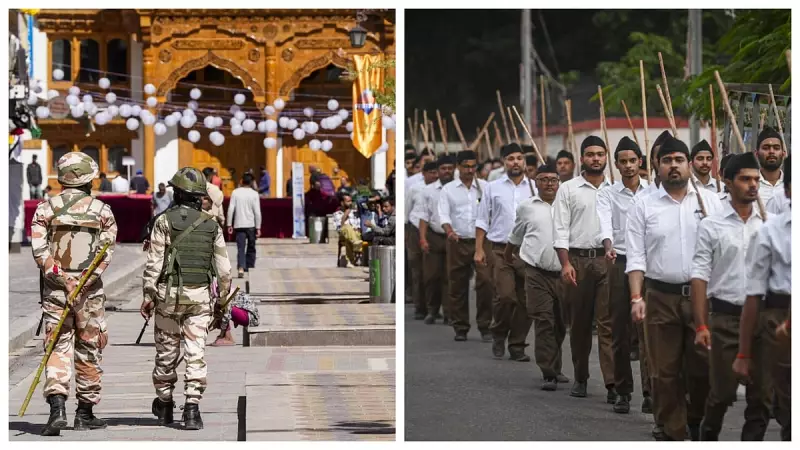
In a significant development, representatives from Ladakh are set to resume crucial negotiations with the central government following days of intense protests that turned violent in the Union Territory. The talks come amid growing tensions and demands for greater autonomy and statehood.
Ladakh Situation Escalates
The decision to return to the negotiating table follows dramatic scenes in Leh where security forces used tear gas and water cannons to disperse hundreds of demonstrators. Protesters, including prominent activist Sonam Wangchuk, have been demanding constitutional safeguards and statehood for the strategically important region.
Wangchuk, who recently concluded a 21-day hunger strike, has been at the forefront of the movement advocating for Ladakh's rights under the Sixth Schedule of the Constitution. The protests have gained momentum with widespread participation from various community groups and political organizations.
Parallel Developments in Karnataka
Meanwhile, in a separate but equally significant development, Karnataka authorities have denied permission for a proposed RSS march in the state. The decision comes amid concerns about maintaining law and order and potential communal tensions.
The denial of permission for the Rashtriya Swayamsevak Sangh event marks a contentious moment in the state's political landscape, with implications for upcoming political maneuvers and public demonstrations across the region.
What to Expect Next
As both situations continue to evolve, all eyes remain on:
- The outcome of Ladakh-Centre negotiations regarding constitutional protections
- Potential political fallout from the Karnataka RSS march decision
- Ongoing protest strategies from Ladakh advocacy groups
- Government response to regional autonomy demands
The coming days are expected to be crucial for both regions as authorities balance security concerns with democratic rights and regional aspirations.





